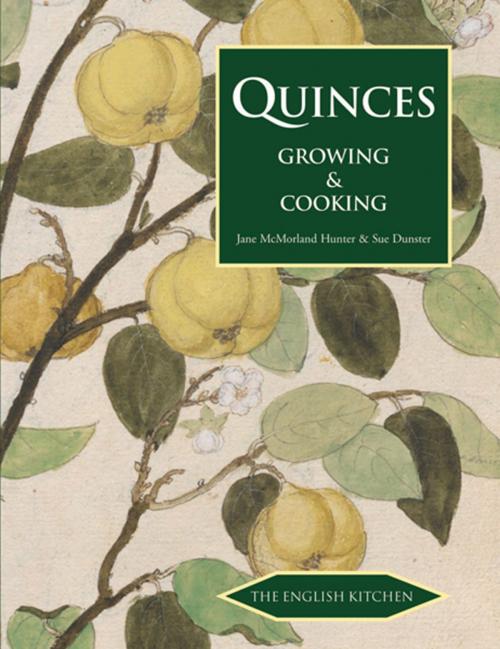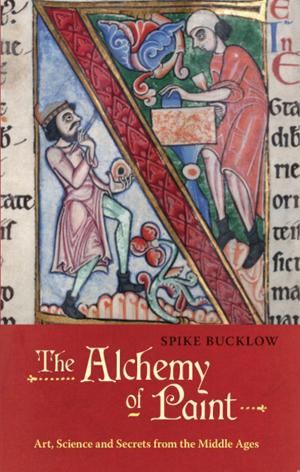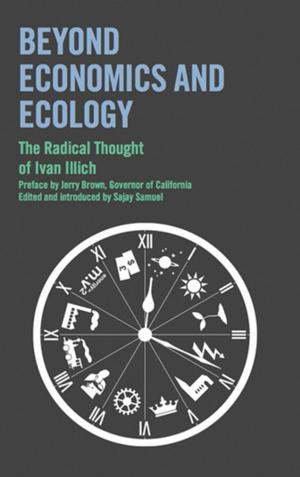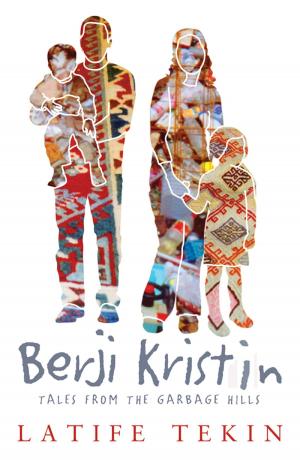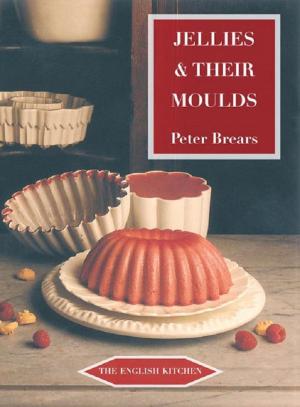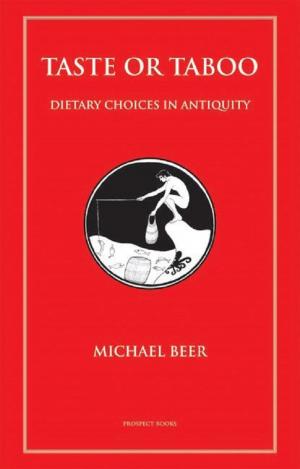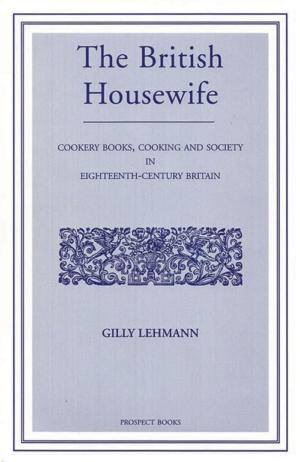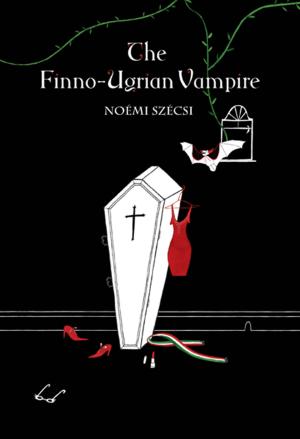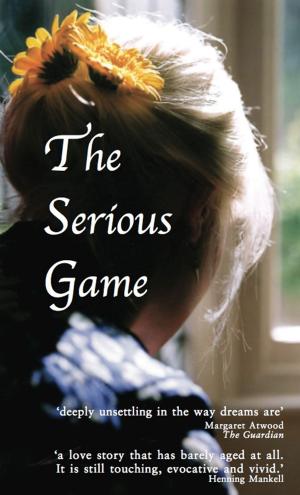| Author: | Jane McMorland Hunter, Sue Dunster | ISBN: | 9780714524207 |
| Publisher: | Marion Boyars | Publication: | June 12, 2014 |
| Imprint: | Prospect Books | Language: | English |
| Author: | Jane McMorland Hunter, Sue Dunster |
| ISBN: | 9780714524207 |
| Publisher: | Marion Boyars |
| Publication: | June 12, 2014 |
| Imprint: | Prospect Books |
| Language: | English |
Quinces have become an undeservedly forgotten fruit. This book reintroduces them, making them more accessible and providing an inviting range of recipes. The trees do not require much space, and are easy to grow. The fruits are delicious and versatile and the recipes here extend well beyond jellies and jams, including sweets. From Goat's Cheese Tart to Quince Chocolates and Liqueurs, there is something for everyone. The quince has always had a special place among the fruits of Europe. The ancient Greeks called it the 'golden apple', the Romans the 'honey apple'. And it was most likely a quince, not an apple, that Eve plucked from the tree in the Garden of Eden. This book describes both the cultivation, the history and the cooking of quinces. There is a sketch of the glorious history of the fruit in cookery of past ages; there are some excellent recipes for savoury dishes that depend on the quince for that special flavour, and for all those sweet dishes that bring out the unique qualities of the fruit.We tend to forget that the first marmalades were made from quinces.
Quinces have become an undeservedly forgotten fruit. This book reintroduces them, making them more accessible and providing an inviting range of recipes. The trees do not require much space, and are easy to grow. The fruits are delicious and versatile and the recipes here extend well beyond jellies and jams, including sweets. From Goat's Cheese Tart to Quince Chocolates and Liqueurs, there is something for everyone. The quince has always had a special place among the fruits of Europe. The ancient Greeks called it the 'golden apple', the Romans the 'honey apple'. And it was most likely a quince, not an apple, that Eve plucked from the tree in the Garden of Eden. This book describes both the cultivation, the history and the cooking of quinces. There is a sketch of the glorious history of the fruit in cookery of past ages; there are some excellent recipes for savoury dishes that depend on the quince for that special flavour, and for all those sweet dishes that bring out the unique qualities of the fruit.We tend to forget that the first marmalades were made from quinces.
